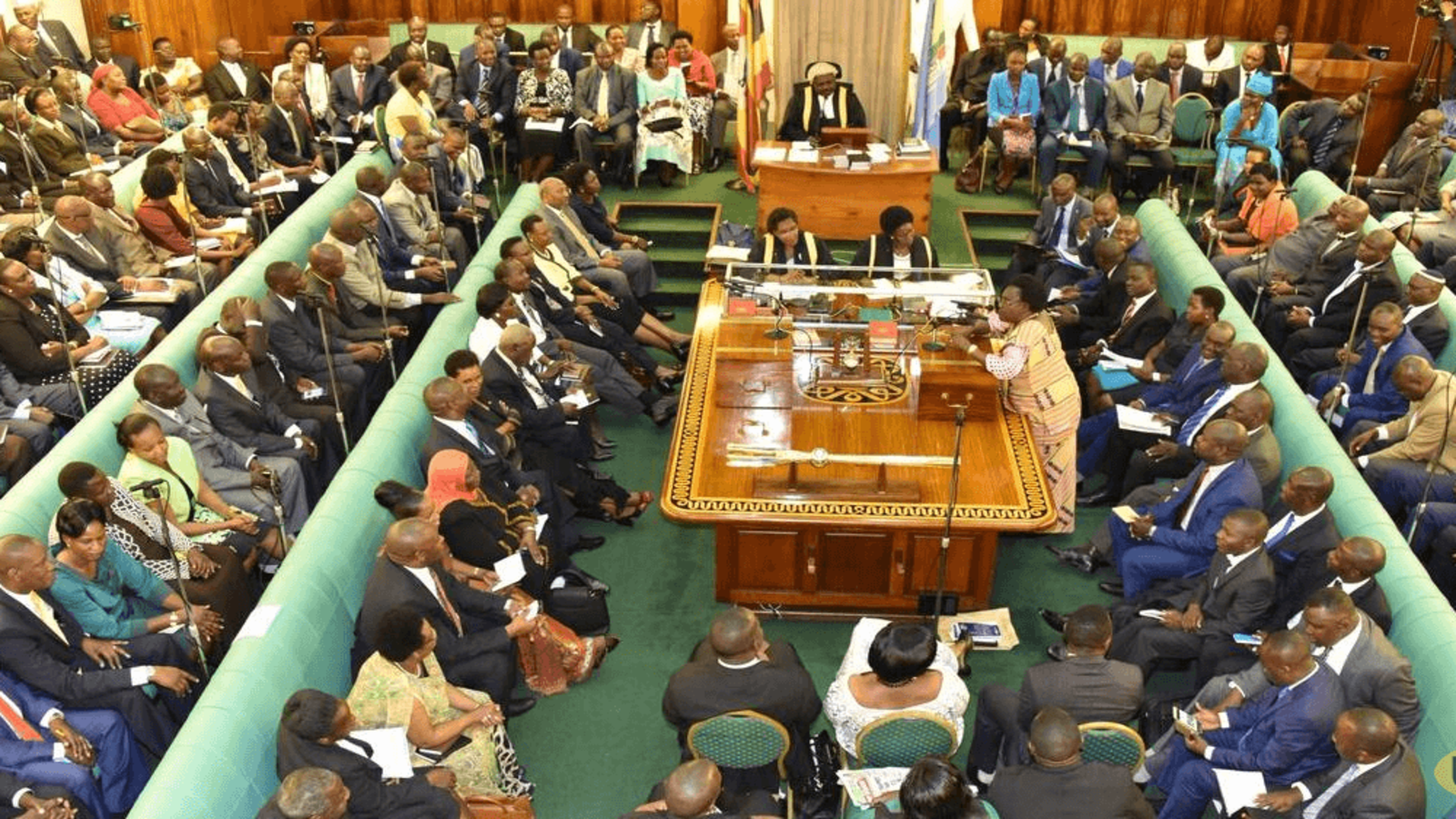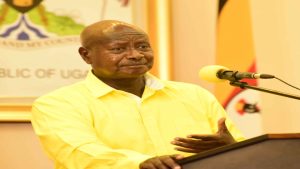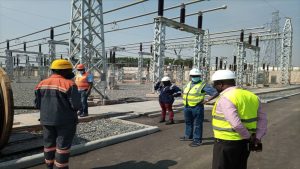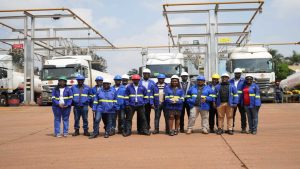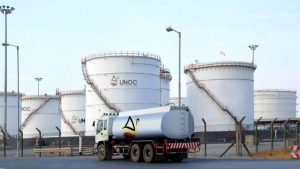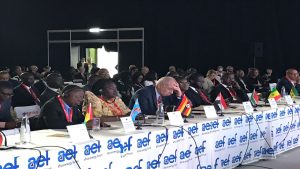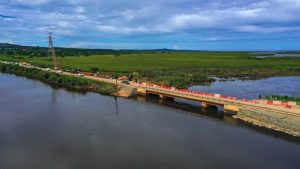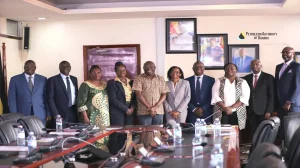Share
Parliamentarians from the Great Lakes region are congregating in Kampala to discuss how to end the illegal mining that is a constant source of strife in the area.
The Great Lakes Region parliaments are anticipated to support the measures created to stop the use of minerals to foment war.
Natural and human resources are abundant in the area, but they also serve as a source of contention and strife. The creation of laws by the parliaments is anticipated to help with the wise use and management of natural resources.
The International Conference on the Great Lakes Region’s (FP-ICGLR) Committee on Economic Development, Regional Integration, and Natural Resources convened its meeting at the Kampala Serena Hotel on Monday. A regional inter-parliamentary organization called FP-ICGLR brings together the parliaments of 12 member states.
The two-day conference was inaugurated by Uganda’s Deputy Speaker of Parliament Thomas Tayebwa, who stressed the importance of good governance and transparency in the mining industry.
The organization was established on December 4, 2008, in Kigali, Rwanda, with the goal of promoting, sustaining, and bringing parliaments together to implement the pact on security, stability, and development that the region’s leaders of state and government signed in 2006.
He urged African nations to maintain their resolve while they changed the way mining and mineral issues were settled outside of Africa.
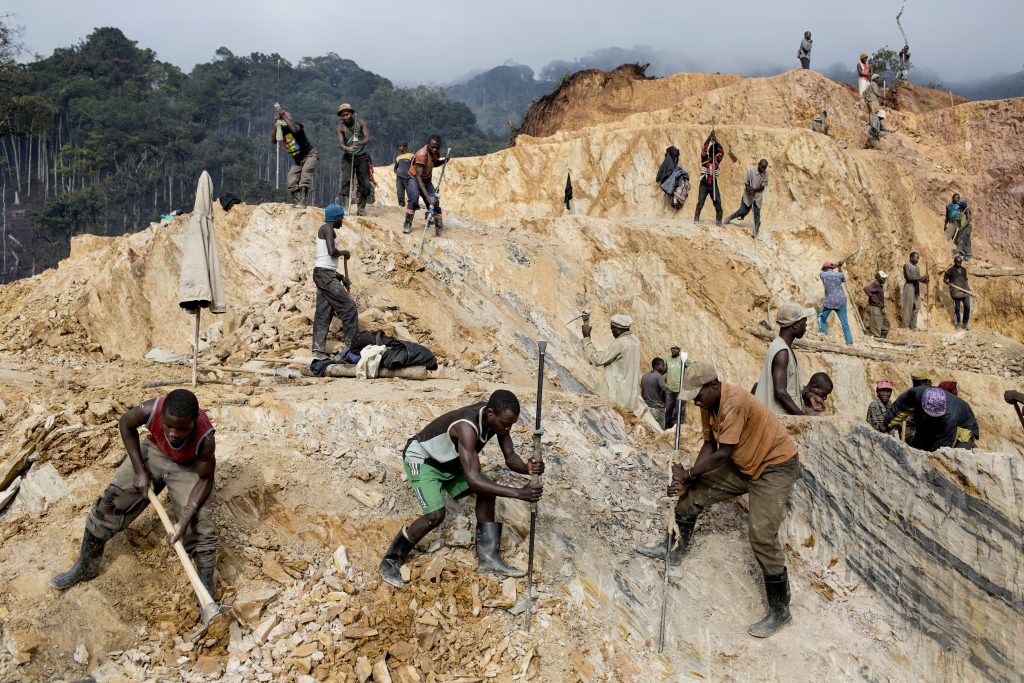
This is due to the fact that they will encounter opposition from strong forces in the West.
He made a statement from the podium suggesting that African nations train their citizens to develop their natural riches.
“African nations must understand the worth of the minerals they are granting licenses for as well as the worth of the minerals they are donating. We are handing away employment and money by exporting natural resources, the man claimed.
You cannot benefit from what you don’t know, Tayebwa said in advising the MPs to cooperate with their governments to make sure that studies are conducted before mineral licenses are issued. We should cooperate to ensure that any disputes or conflicts between the government and mining firms are settled in Africa rather than in Western capitals. We are capable and knowledgeable enough to handle this. We control the resources.
“Raw material export should be discouraged. We are exporting all the employment and using fewer of our own resources while doing this. If we want to take advantage of our natural riches, our governance needs to be improved. Key is transparency. To better negotiate deals, let’s strengthen our technocrats’ capacity, Tayebwa said.
He voiced worry that some small-scale miners were acting as go-betweens for large corporations to cheaply exploit natural resources.
The FP-ICFLR’s secretary general, Onyango Kakoba, stated that reports on the state of the implementation efforts to address the unlawful exploitation of natural resources in the area are anticipated.
“The gathering will produce recommendations meant to help lessen the unlawful exploitation of natural resources. Although there are many laws in our countries, they are not followed. “They need to be adjusted if they are not working in the best interests of our people,” Kakoba added.
The ICGLR’s executive secretary, Joao Samuel Caholo, claimed that the area’s abundant natural resources were a catalyst for violence, leading to political instability, poverty, and young unemployment.
The regional initiative against the illegitimate exploitation of natural resources, according to Caholo, wants to activate and operationalize the whistleblower and mineral database components.
He continued by saying that due to the detrimental impacts on both human health and the environment, they are promoting a strategy to stop utilizing mercury to process gold.
The third-party audit program, which guarantees impartial verification that exporters’ mineral chains from mine site to export have improved, according to him, has witnessed development.
He stated that currently they have around 55 tungsten, gold, and tin exporters in Burundi, the DRC, Rwanda, and Tanzania.
In September 2023, the DRC has proposed to host a regional conference on small-scale gold miners.
A conference on mining and investment in the Great Lakes Region is being planned by the ICGLR secretariat for February 2024 in Nairobi, Kenya.
